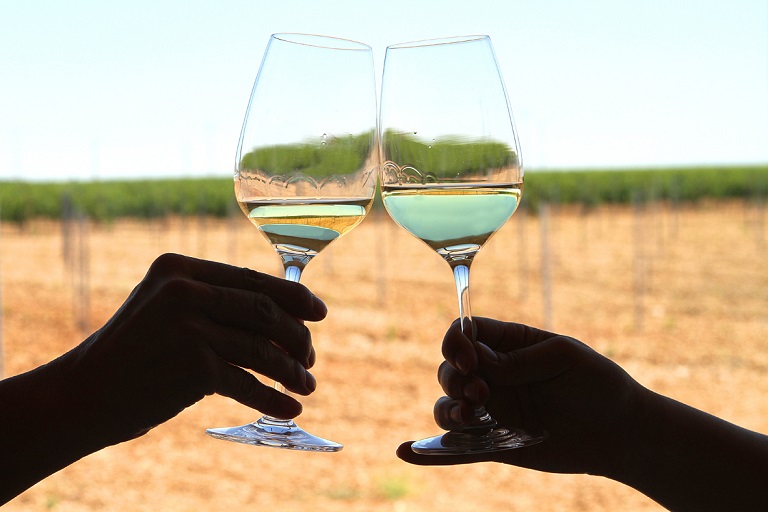Spain, and the Old World in general, are broadly distinguished from the so-called emerging viticultures, those of the so-called New World, by the history and tradition of winemaking and the development of appellations of origin. That is to say, origin is the main reason for the wines of the Old Worldoutside Europe, while outside of Europe, the ‘classification’ of wines was done more by grape varietiesHowever, in recent years, or rather decades, origin has also become an increasingly important factor in America, Australia and South Africa.
However, we also have exceptional cases in Spain, such as the albariño grape, which has been the hallmark of Rías Baixas as a native variety and even better known than the appellation of origin itself. Another similar situation has occurred with the Verdejo grape, originally from the Castilian region of Rueda, which, as its cultivation and recognition have spread, has become more and more popular. The Regulatory Board has made efforts to remind that grapes, where they express themselves best, due to acclimatization, history and tradition, in their own place of origin.
Verdejo is a variety that has been documented in Rueda for centuries. Its origin, it is suspected, comes from the Mozarabs, who are believed to have brought the breed to the area in the 11th century. It has a very distinctive personality, with fruity, scrubland aromas and excellent acidity. In the mouth it has a volume that makes it unique compared to other whites and a characteristic bitter finish that makes it unmistakable.
However, not all Ruedas are verdejos, since palomino, viura and sauvignon blanc varieties are also authorized, although all wines containing at least 85% of this grape can be labeled as ‘verdejo’. In the case of Familia Martinez Bujanda, our
Montepedroso Estate
is a 100% varietal made exclusively with grapes from our 25 hectares that we cultivate around the winery, in the municipality of Rueda.
The success of Rueda since the beginning of the century has been extraordinary: the variety has spread to other areas of Spain, such as Rioja, and the world, and marketing has grown exponentially. This success has also been a problem, since with the success in the market, important wine groups have landed in the appellation, in many cases with agreements with local cooperatives to offer Ruedas and Verdejo in their portfolios. by bottling by/for, which has provoked an intense internal debate in the appellation of origin.
Martínez Bujanda Familywhose raison d’être is based on the uniqueness of the terroirs, arrived in Rueda in 2010, acquired an estate of 25 hectares of vineyards and built on the highest part of it a winery example of integration into the landscape that was inaugurated in 2012. A single wine is produced there, Finca Montepedroso, with which we have gradually managed to place ourselves at the forefront of the appellation of origin.
Luis Gutiérrez
Spanish wine taster for The Wine Advocate magazine (Robert Parker) gave us the best compliment we could receive: “There are no tropical or artificial aromas, just classic Verdejo, as it used to be“. “I was lucky enough to taste 2013, 2012, 2011 and 2010 together to check the consistency and aging potential and the wines develop perfectly (…). What’s more, the character of each vintage shows very clearly in the wines, as it should. bravo Lauren!”.
Thus, not all Verdejos are Rueda, not all Rueda Verdejos are authentic varietals and, above all, not all Ruedas are the same.




